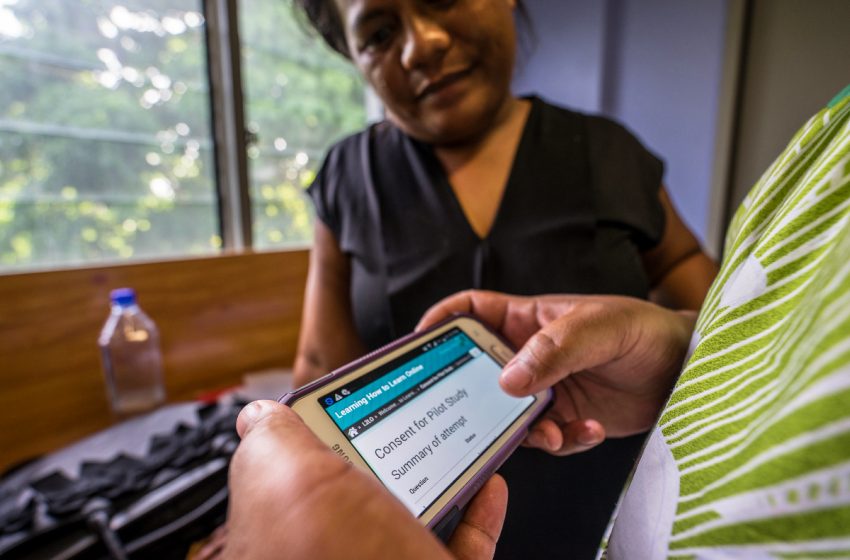
Did internet access improve economic resilience during COVID-19?
Countries with better information and communication technology, particularly internet access, were able to do more activities online during the pandemic, which cushioned the adverse effect of COVID-19 on economic activity.
While information and communication technology (ICT) has been around for some time, COVID-19 has intensified its use. The most immediate economic benefit has been a sharp reduction in the cost of information and communication.
Another important benefit of ICT is economic resilience, which is especially valuable in the face of pandemics. More specifically, the shift of offline economic activity to online mitigates the negative economic impact of lockdowns, social distancing restrictions, and other COVID-19 containment measures.
This brings up an interesting question—did economies with strong information and communications technology infrastructure fare better during the pandemic than economies with weak ICT infrastructure?
We examined 117 economies (86 emerging markets and 31 advanced economies) to test this conjecture. We found that internet access, our key variable of interest, was not statistically associated with slowing GDP growth during the global COVID-19 pandemic period. However, we did find that for countries with major COVID-19 outbreaks, better ICT infrastructure reduced the negative impact on GDP growth. And this effect is statistically significant.
Overall, the results lend support to the notion that countries with better ICT infrastructure were able to cushion the economic shock due to COVID-19 by shifting more economic activity online. The data indicates an improvement in population share with internet access from the emerging-market average (52.96%) to the advanced-economy average (87.83%) would have lessened the decline in emerging market GDP growth by half. This is a substantial impact by any measure.
Our empirical evidence thus suggests that ICT promotes economic resilience during COVID-19. The natural policy implication is that investments in ICT infrastructure make an economy more robust in the face of pandemics and other shocks. The huge economic cost of COVID-19 highlights the huge potential benefits of such investments. In addition to reducing the cost of information and communication, ICT helps economies weather even big shocks.
Developing Asian economies vary widely in their ICT infrastructure, with the share of the population having internet access ranging from 11% in Papua New Guinea to 96% in the Republic of Korea. Governments of economies with underdeveloped ICT infrastructure should invest more and create a conducive environment for private investors to invest in the sector.
Even well-connected economies should continuously invest in upgrading the quality—e.g., speed and reliability—of their ICT infrastructure. Economies that fail to do so risk being left behind, both during normal times and doubly so during shocks like the COVID-19 pandemic.
This blog post is part of a series by the Asian Development Bank and Thinking Machines Data Science, Inc.















